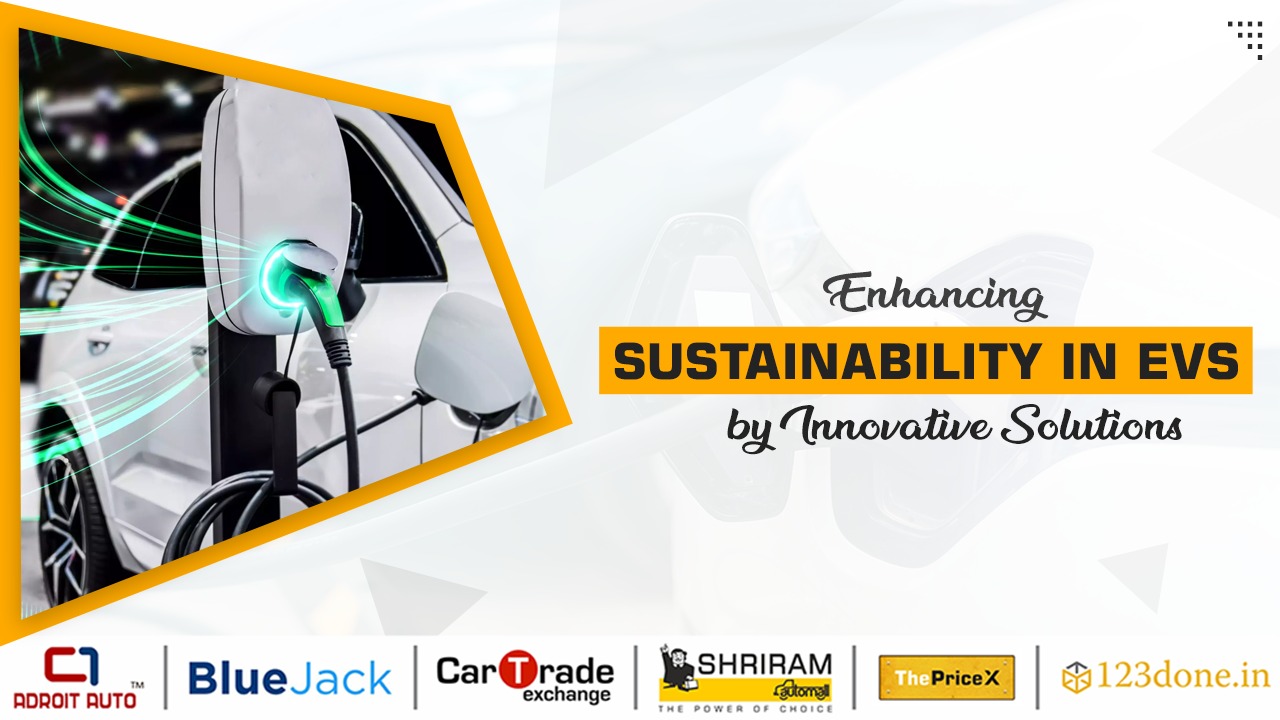Enhancing Sustainability in EVs by Innovative Solutions for Reducing Rare Metals

Advancements in technology often bring about unforeseen possibilities, with innovations continuously pushing the boundaries of what is achievable. Consider the evolution of an iPhone, now thousands of times more powerful than a 1980s supercomputer – a testament to the transformative power of technological progress.
In the realm of electric vehicles (EVs), a breakthrough technology is emerging to address a crucial aspect of their design – the magnets within electric motors. A key player in this development is Niron Magnetics, a US-based company making waves with its Clean Earth Magnet, a magnetic solution touted to be twice as effective and 75% more sustainable.
Electric motors, ubiquitous in various applications ranging from cars to drills, often employ permanent magnet motors. These motors utilize powerful magnets embedded in the rotor, interacting with a rotating magnetic field generated by the stator, a set of electromagnetic coils encircling the rotor.
The potency of these permanent magnets profoundly influences the motor's performance, efficiency and physical attributes. The strongest permanent magnets typically leverage rare-earth metals such as praseodymium, terbium, neodymium and dysprosium. While not inherently rare, extracting and processing these materials is resource-intensive, involving extensive mining operations and generating toxic waste.
Alternative approaches exist for electric car manufacturers, including designs that don't rely on permanent magnets. However, the demand for rare-earth magnets is steadily increasing, prompting the search for more environmentally friendly alternatives.
Several notable automotive companies, including General Motors and Stellantis, are investing in Niron's Clean Earth Magnet. This innovative magnet utilizes iron and nitrogen (to create iron nitride), both readily available, sustainable, and globally sourced.
In contrast, rare-earth materials face concerns about security of supply, with China dominating global supply at 70% in 2022, leaving other nations vulnerable.
The company claims that its magnet not only champions sustainability but also outperforms the popular neodymium magnet, offering 50% better overall performance. Additionally, it boasts superior temperature stability, cost-effectiveness, resistance to price fluctuations and a 75% reduction in environmental impact.
The technology is currently in the pilot stage, with specific timelines yet to be disclosed. However, the potential impact is significant, as new electric motor designs leveraging these rare-earth-free magnets could require 15% to 30% less material, leading to smaller and lighter machine components, ultimately contributing to more efficient and sustainable EVs in the future.
Follow SAMIL Blog to stay updated about the world of Automotive Industry.

 Download Our App
Download Our App



